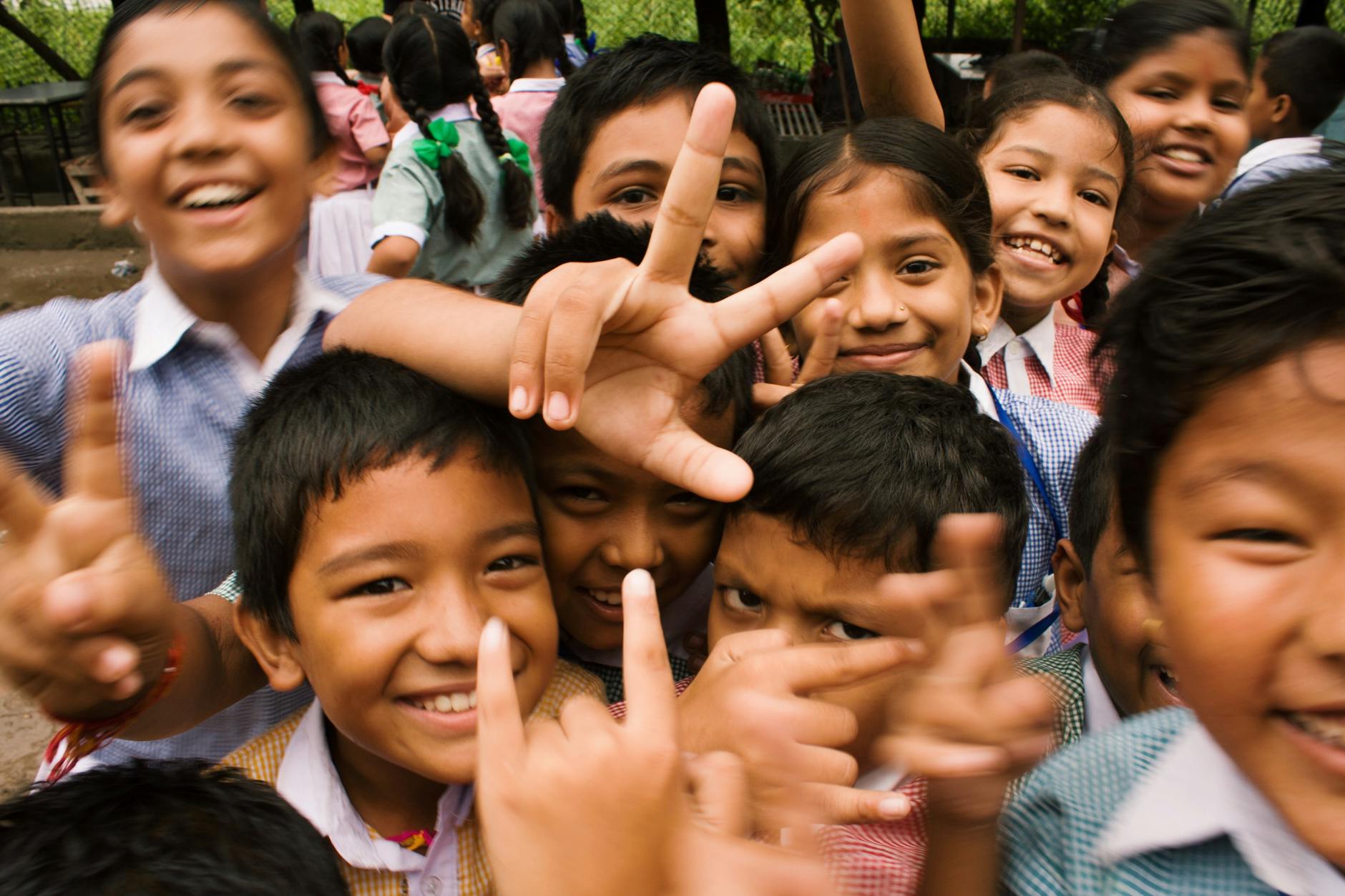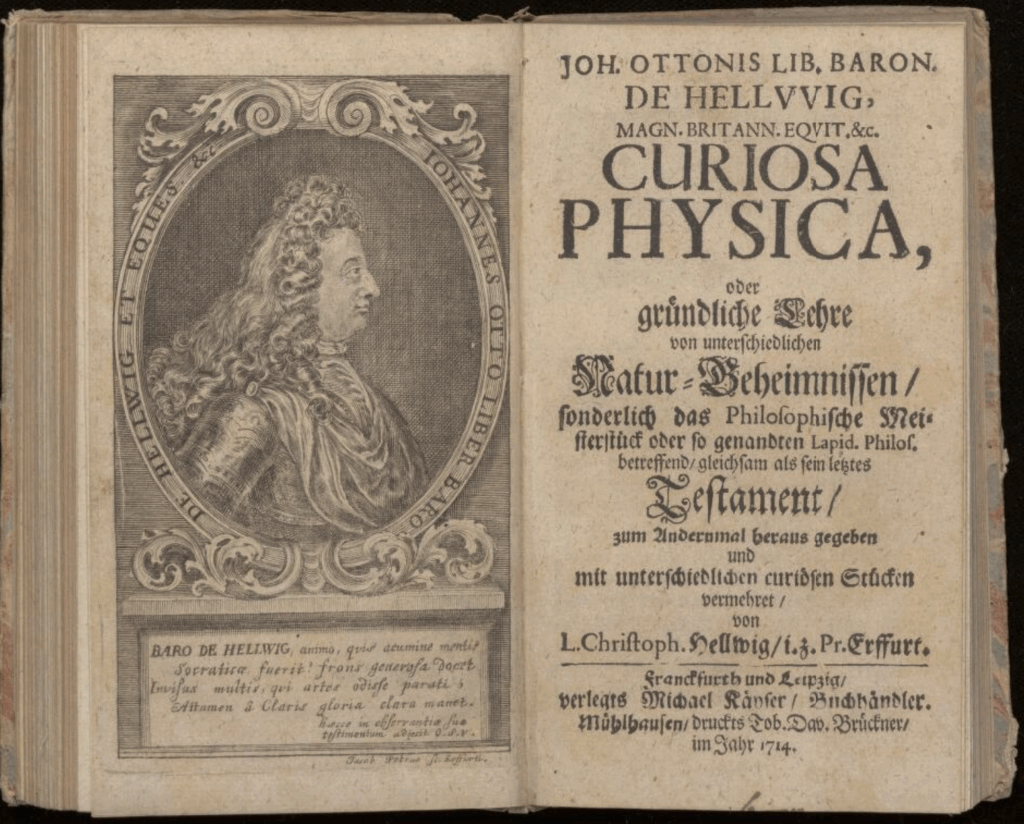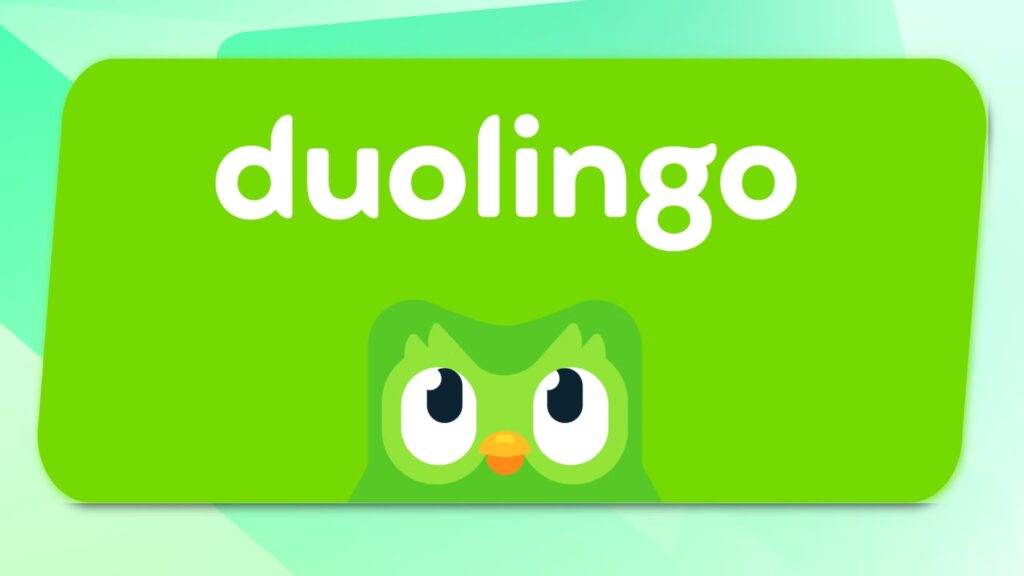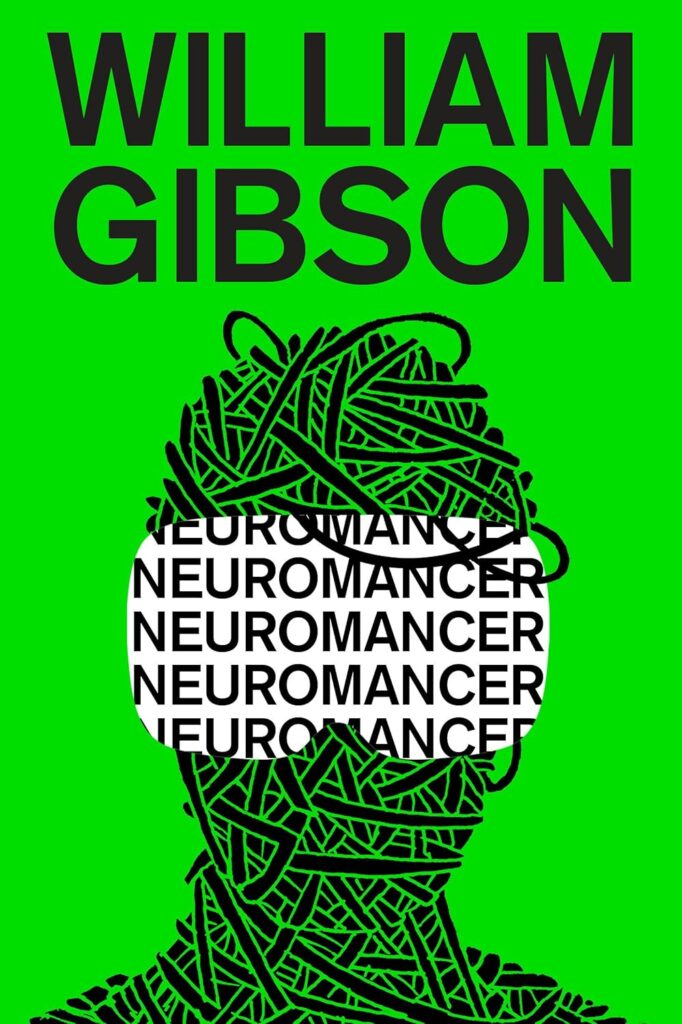Most of us have heard (or said) the phrase: “I’m just not a math person.”
Duolingo—the same company that made millions of people practice Spanish while waiting in line at Starbucks—is on a mission to change that story.
You probably know Duolingo as the language app with the slightly unhinged green owl who won’t let you forget your streak. But since 2022, Duolingo has been quietly building something new: a math course. And just like its approach to languages, the company believes it can make math more approachable, less intimidating, and maybe even fun.
Why Math? Why Now?
According to Samantha Siegel, the engineer leading Duolingo’s math push, the choice to focus on 3rd grade and up wasn’t random. Around that age, kids hit fractions—and that’s where things start to go sideways for a lot of learners. Fractions are a gateway. Struggle there, and the rest of math often feels like a foreign language.
Duolingo’s idea: treat math like a language. Build fluency through small, repeatable practice. Create low-stakes games. Give immediate feedback. And—most importantly—reduce the anxiety that creeps in when kids (and adults) start believing math is beyond them.
How It Works
If you’ve ever tapped your way through Spanish verbs or French phrases, the math experience feels familiar—but with some clever twists:
- Dynamic problems: Lessons refresh with new numbers every time, so you’re not memorizing answers—you’re actually practicing.
- Interactive input: Instead of multiple choice, you might drag the corners of a rectangle to measure area, or handwrite a fraction into the screen.
- Visual learning: Geometry isn’t just explained; it’s something you manipulate on the screen.
In other words, the app tries to ground abstract math ideas in movement, visuals, and play.
Tackling Math Anxiety Head-On
Here’s the thing: math anxiety is real, and it’s not just about ability—it’s about confidence. When kids (or adults) tense up at the first sight of an equation, their brains literally struggle to process what’s in front of them.
Duolingo’s bet is that by gamifying the experience, they can lower the stakes. Just like the app makes it totally fine to get a French verb wrong, it’s trying to make it okay to fumble a fraction. In a classroom context, that shift could matter—a lot.
Where It Stands Today
The math course is now baked right into the main Duolingo app, alongside language and even music lessons. Learners can keep their streak going across subjects—whether they’re conjugating verbs, strumming chords, or multiplying fractions. Duolingo hasn’t shared exact numbers, but we’re talking millions of math users already.
And it’s not just for kids. Plenty of adults are using it too—either to brush up on long-forgotten basics or to help their kids without pulling out dusty textbooks.
What This Means for Educators
Is Duolingo going to replace teachers? Of course not. But as a supplemental tool, it’s promising. It gives students a way to practice math outside the classroom that feels a lot more like a game than homework. It also gives parents an accessible, non-threatening entry point into supporting their kids’ learning.
The bigger story here is the attempt to reframe math itself. If Duolingo can help chip away at the “I’m not a math person” narrative—if it can make math feel just a little more like a game and a little less like a stress test—that’s a win.
Final Thought
Duolingo isn’t just teaching fractions and geometry; it’s trying to rewrite how learners feel about math. And in a world where math anxiety holds so many students back, that mission might matter even more than the streaks.
Maybe, just maybe, the next time someone says “I can’t do math,” we’ll have an owl to thank for proving them wrong.
The Eclectic Educator is a free resource for everyone passionate about education and creativity. If you enjoy the content and want to support the newsletter, consider becoming a paid subscriber. Your support helps keep the insights and inspiration coming!





